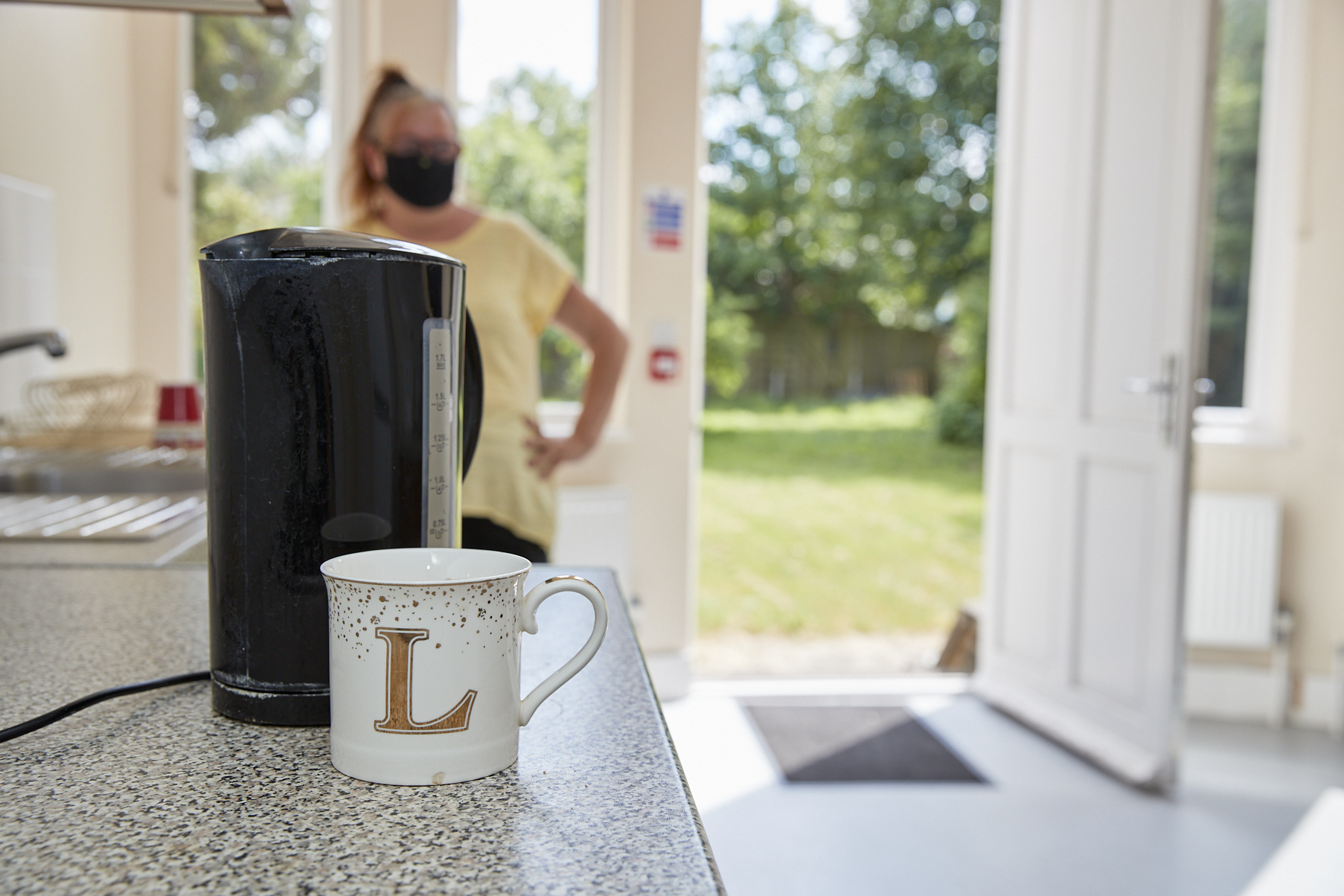An introduction to Greenwich Navigators
The Greenwich Navigators team work in the Royal Borough of Greenwich to help people recover from street homelessness.

Gemma, lead manager of our Greenwich Navigators team, explains how the service is working to help people with medium and high support needs recover from the trauma of street homelessness in the borough of Greenwich.
Can you introduce Greenwich Navigators to anyone who may not know what you do?
Greenwich Navigators is a service commissioned by the council to support people who have had experiences sleeping rough. We work with people with a range of needs, but mostly medium-to-high, and complex, support needs, who have either been sleeping rough or are at risk of becoming street homeless. The team has different specialisms, for example we have an assessment worker who will work with the individual to see what support needs they have, and how best they can move on from sleeping rough; we also have an outreach support worker who works a lot with London Street Rescue, but the role sits in the Navigators team.
What kinds of support needs do the people you work with have, and how are you able to support them?
So as medium to high, or complex needs, this might include drug and alcohol issues, mental health, physical health or trauma. Generally, we work with people who have recourse to public funds, so it is easier to help people getting into private rented sector accommodation, however with SWEP (Severe Weather Emergency Protocol) and ‘Everyone In’, we have been able to support people make applications for their settled status, both in partnership with the EUSS team at Thames Reach and our partnership work with Southwark Law Centre via their partnership with Greenwich council.
Have you noticed any changes in the work you do recently? Are the demographics of people changing at all?
There are definitely more people coming onto the streets for the first time, with no rough sleeping history. Usually this can mean that they have lower support needs, but what we’re finding is people are becoming street homeless who were receiving support from family or loved ones, perhaps they were shielding. With ‘Everyone In’, SWEP and Protect and Vaccinate initiatives, it means people coming onto the street for the first time are not there for a long time before being found by outreach teams and offered support.
When you are working with people with these kind of support needs, what are the housing options?
We have some Housing First provisions in Greenwich, and have had some supported housing with Peabody, which involves some floating support [visiting people in their own homes, providing support to prevent homelessness] for people in their new accommodation. We also work closely with Thames Reach’s TST (Tenancy Sustainment Team), so if they need ongoing support to sustain their accommodation as well as look after their wellbeing, they will have a support worker.
